Songs From The ’60s That Made A Political Statement
The 1960s was a decade of transformation, and music played a pivotal role in reflecting and shaping societal changes. Protest songs emerged as potent tools for expressing dissent and inspiring movements. They became anthems for civil rights, peace, and social justice, resonating with people across the globe. These tracks not only captured the zeitgeist but also left a lasting legacy.
Bob Dylan’s “Blowin’ in the Wind”: A Call for Civil Rights
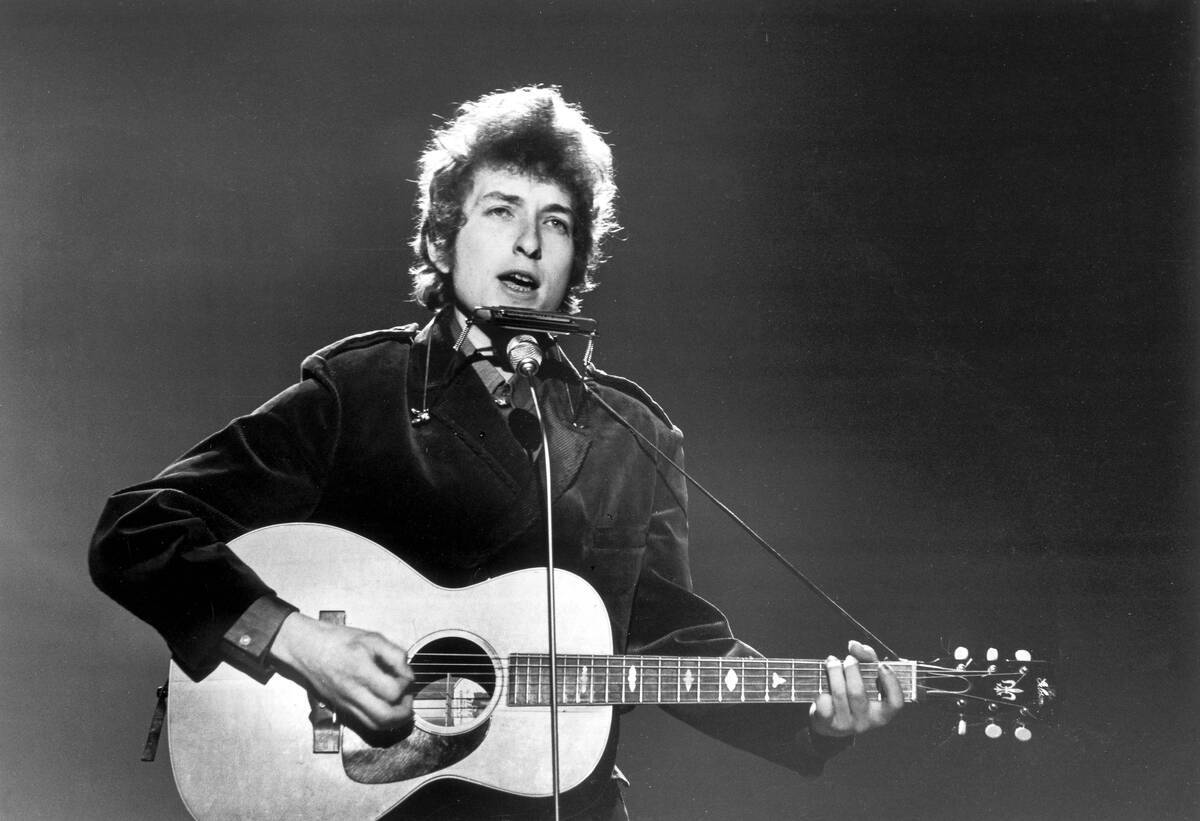
Bob Dylan’s “Blowin’ in the Wind,” released in 1963, quickly became a civil rights anthem. With its poignant questions about freedom and equality, Dylan captured the frustrations of many. His lyrics asked when people would finally be free, echoing the sentiments of a generation fighting for civil rights and justice.
Sam Cooke’s “A Change Is Gonna Come”: The Anthem of Hope
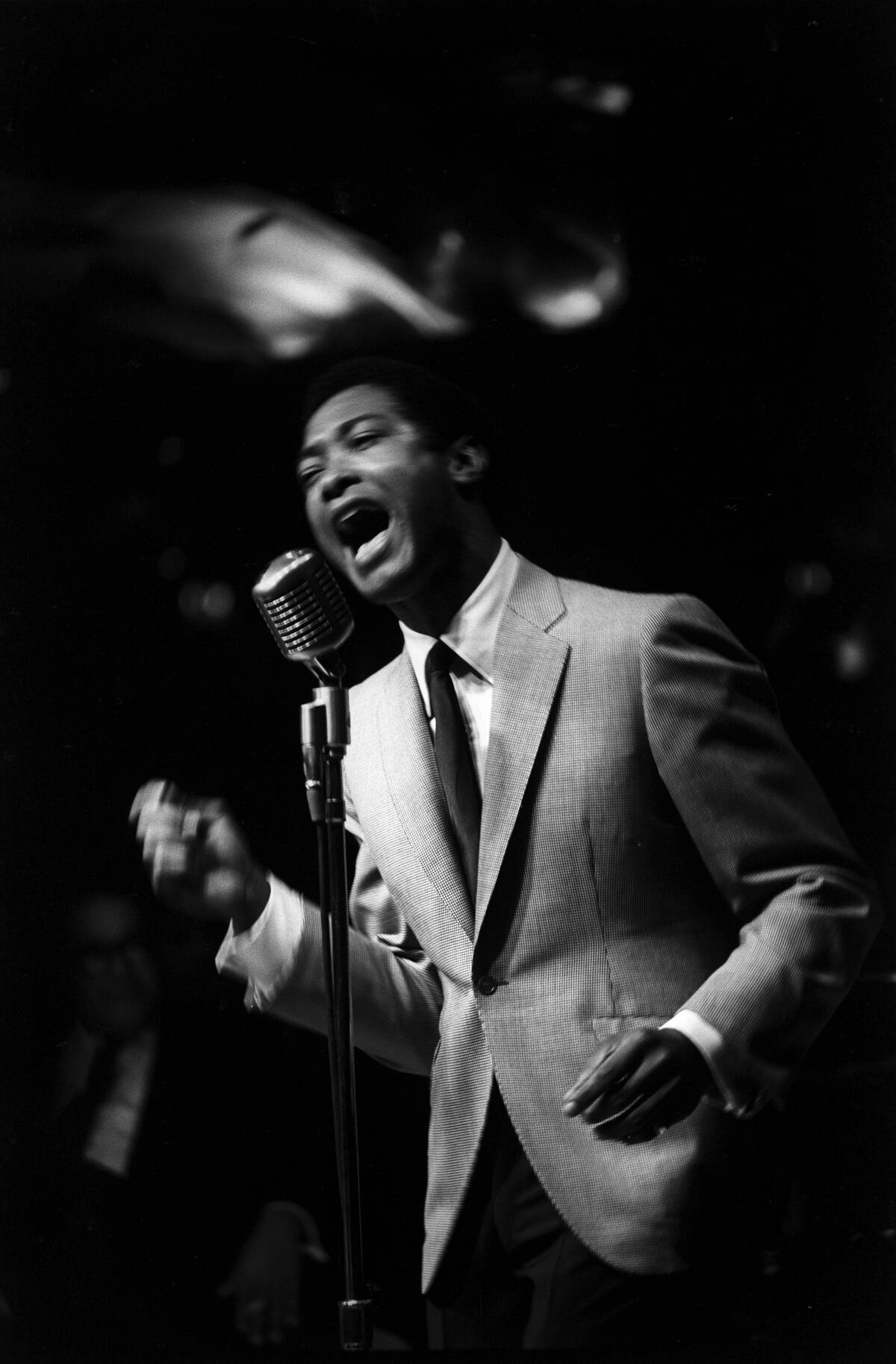
“A Change Is Gonna Come” by Sam Cooke, released in 1964, is often hailed as a hopeful anthem for the civil rights movement. Cooke drew inspiration from personal experiences and the struggles of African Americans. The song’s hopeful message reassured listeners that change was indeed on the horizon, offering solace and strength.
Buffalo Springfield’s “For What It’s Worth”: Capturing the Spirit of Protest
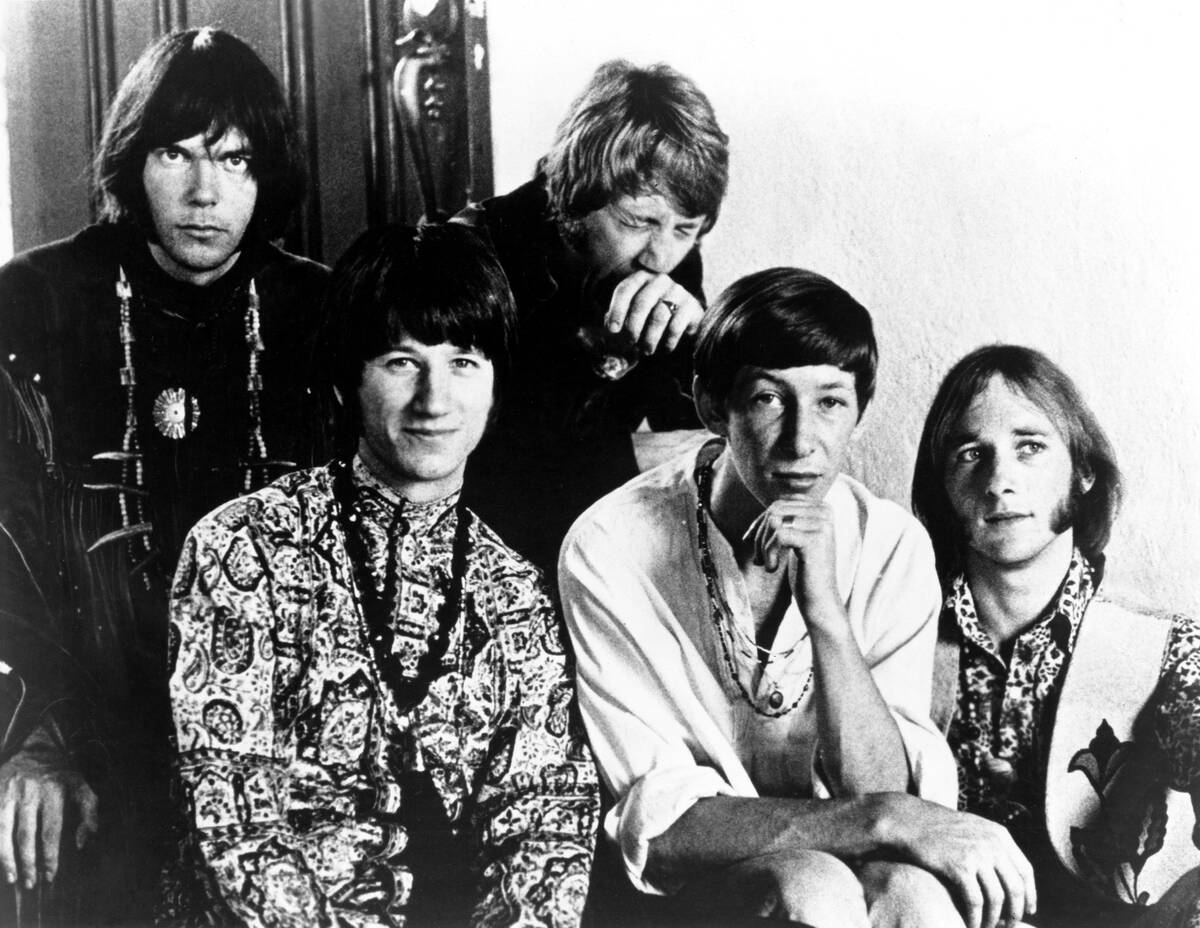
Buffalo Springfield’s “For What It’s Worth,” released in 1966, became synonymous with the protest movements of the 1960s. Although initially written about a specific event in Los Angeles, its themes of unrest and the need for change resonated broadly. The song captured the spirit of protest and the urgency felt by many during that era.
The Beatles’ “Revolution”: A Rock ‘n’ Roll Take on Social Change
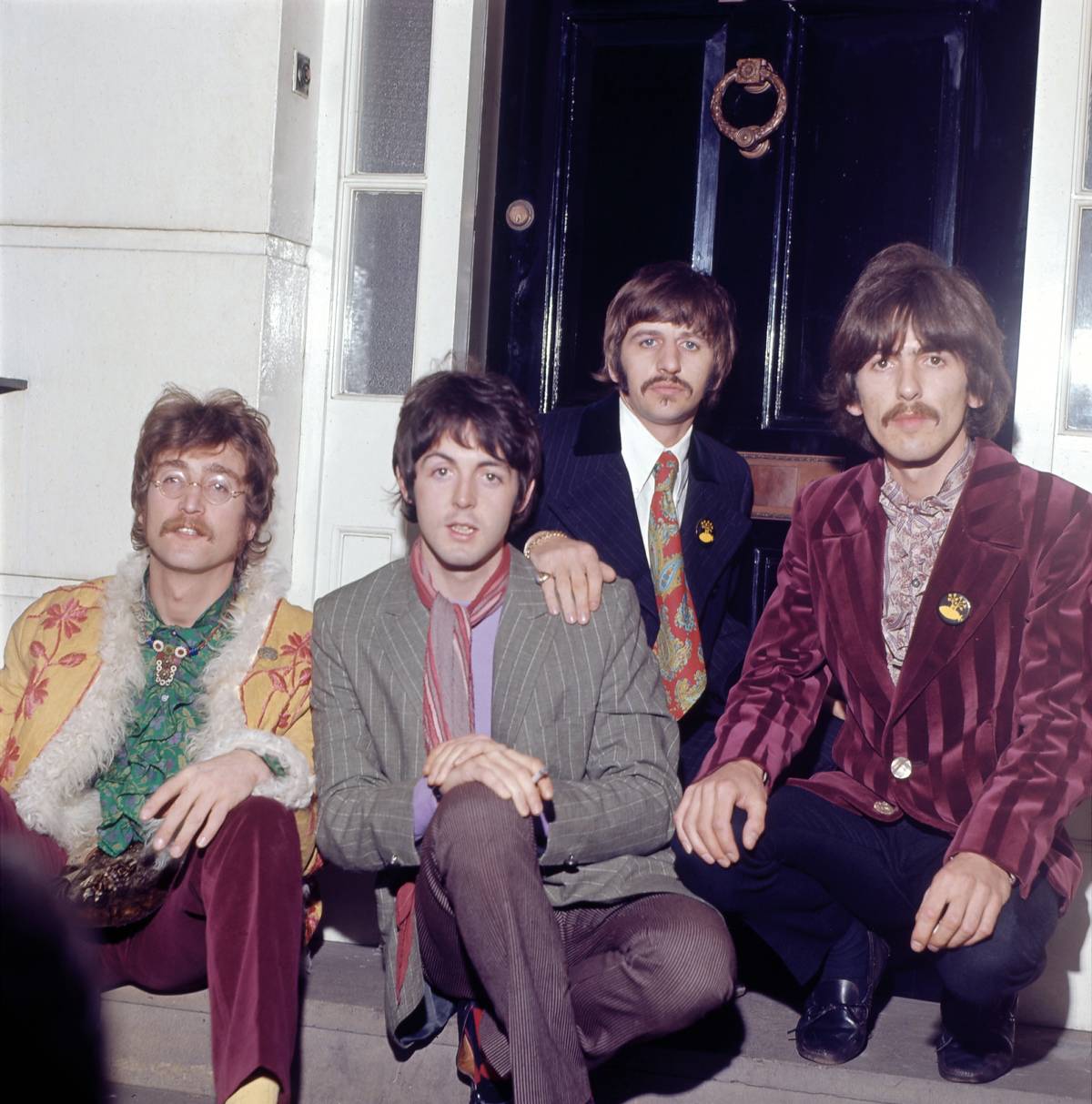
The Beatles’ “Revolution,” released in 1968, was their rock ‘n’ roll response to social upheaval. John Lennon’s lyrics expressed skepticism about radical change, advocating for peace and thoughtful action instead. The song mirrored the complexities of the era, balancing youthful rebellion with a call for meaningful progress.
Barry McGuire’s “Eve of Destruction”: A Snapshot of a World in Turmoil
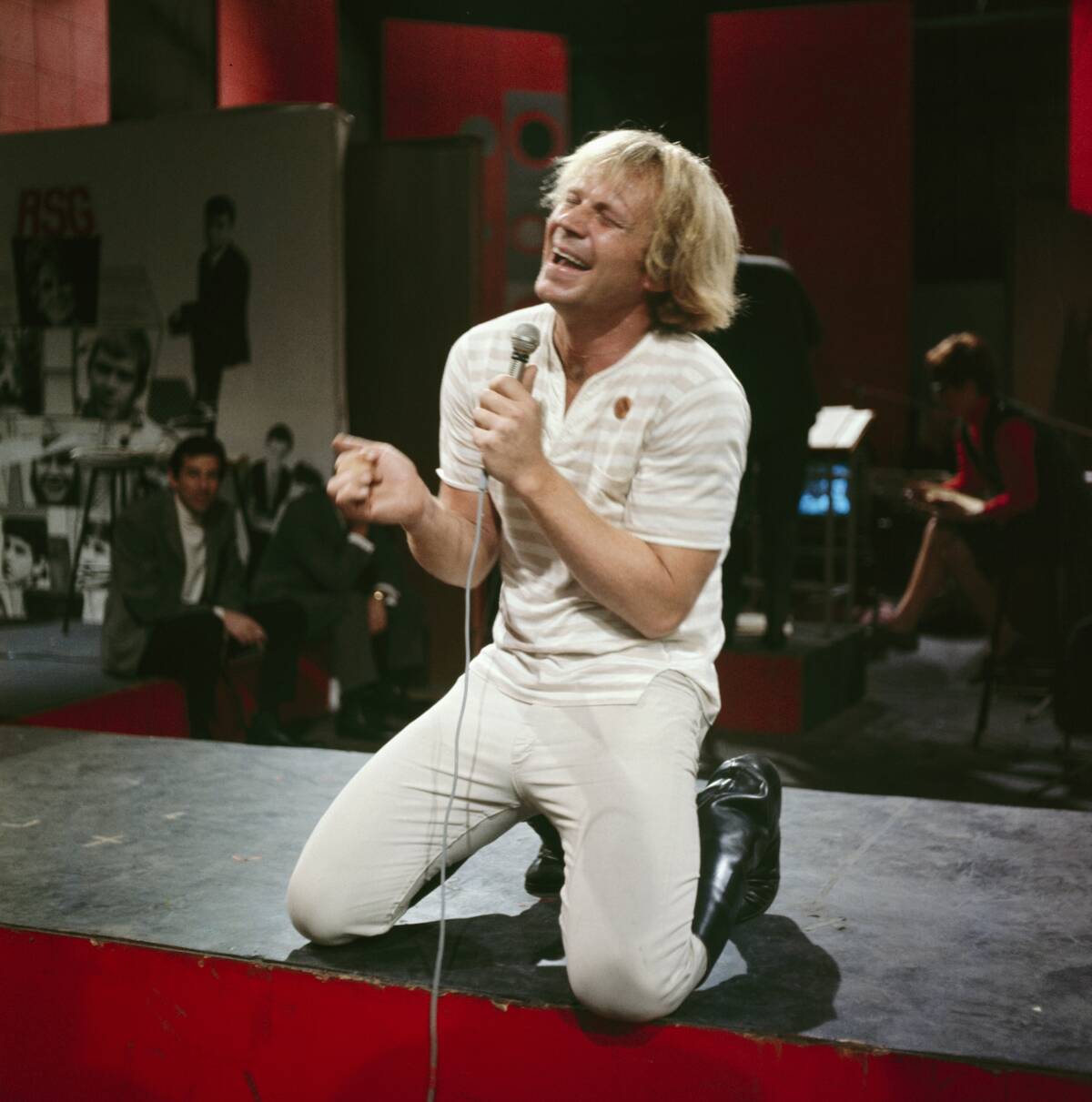
Barry McGuire’s “Eve of Destruction,” released in 1965, captured the anxieties of a world on the brink. Its grim lyrics painted a picture of global turmoil, touching on war, racial strife, and political tension. The song’s raw honesty resonated with listeners who shared McGuire’s fears about the future.
Phil Ochs’ “I Ain’t Marching Anymore”: A Folk Protest Against War
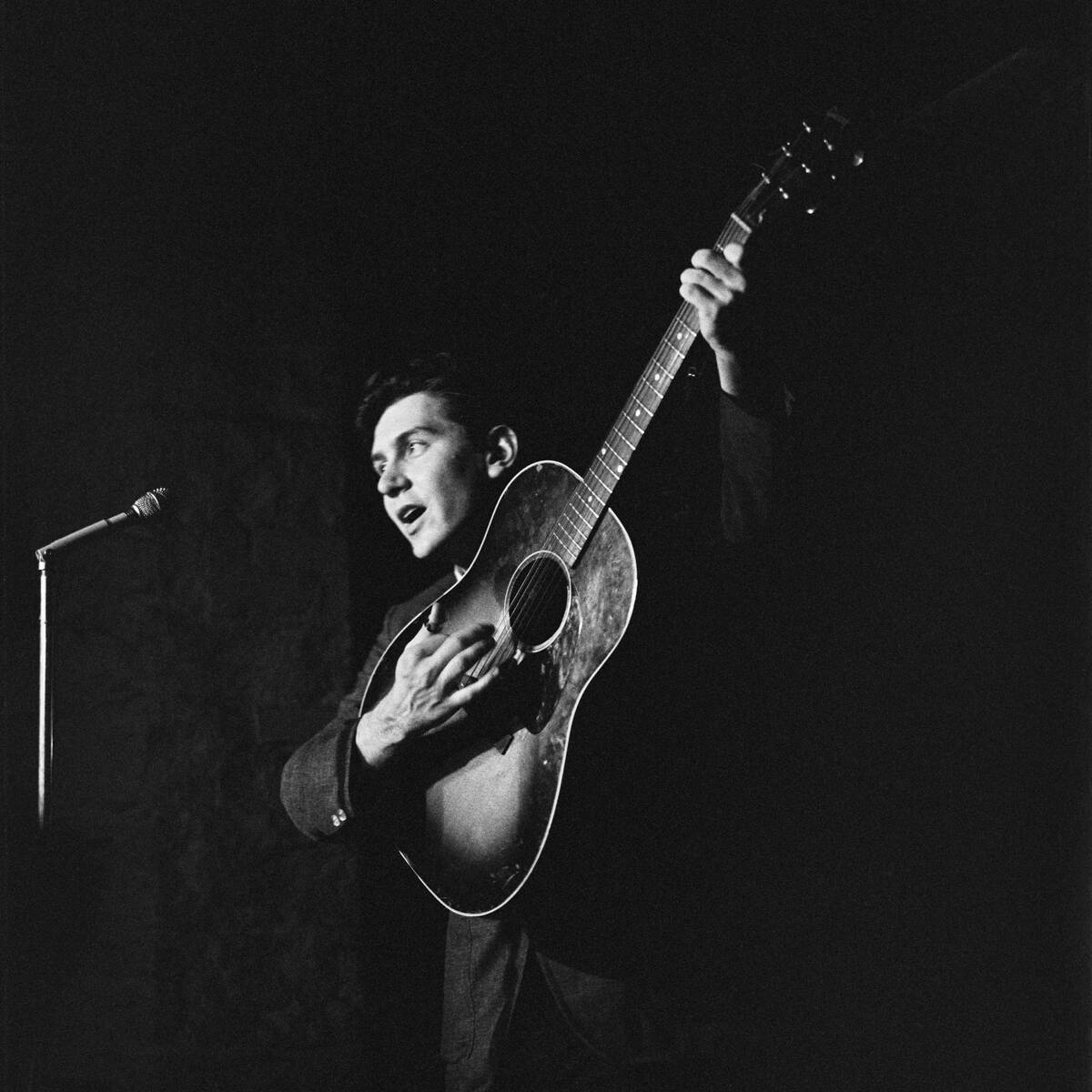
Phil Ochs’ “I Ain’t Marching Anymore,” released in 1965, served as a powerful folk protest against war. Ochs’ lyrics reflected a growing disillusionment with military conflicts, particularly Vietnam. The song’s narrative, told from the perspective of a weary soldier, became a rallying cry for peace activists.
Aretha Franklin’s “Respect”: Empowerment and Equality
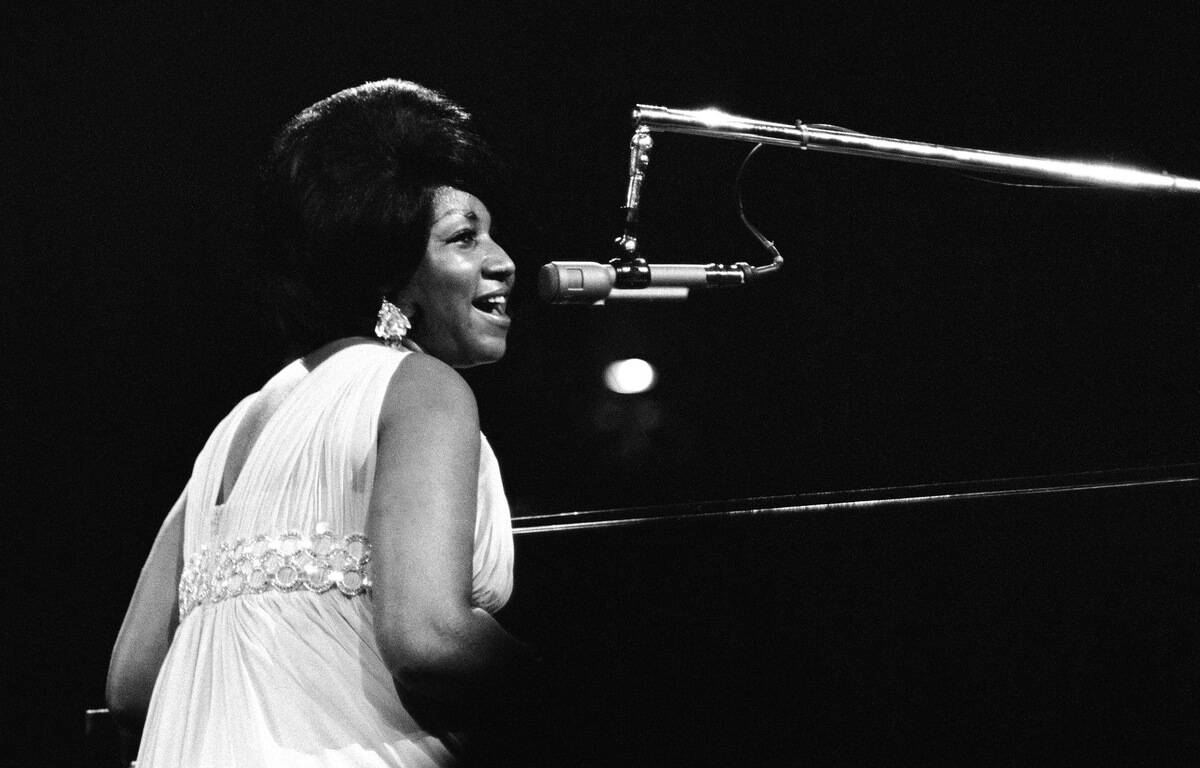
Aretha Franklin’s “Respect,” released in 1967, became an empowerment anthem, especially for women and African Americans. Originally written by Otis Redding, Franklin’s version transformed it into a demand for dignity and equality. Her powerful vocals and commanding presence conveyed a message of self-worth and societal change.
Creedence Clearwater Revival’s “Fortunate Son”: Critiquing Privilege in War
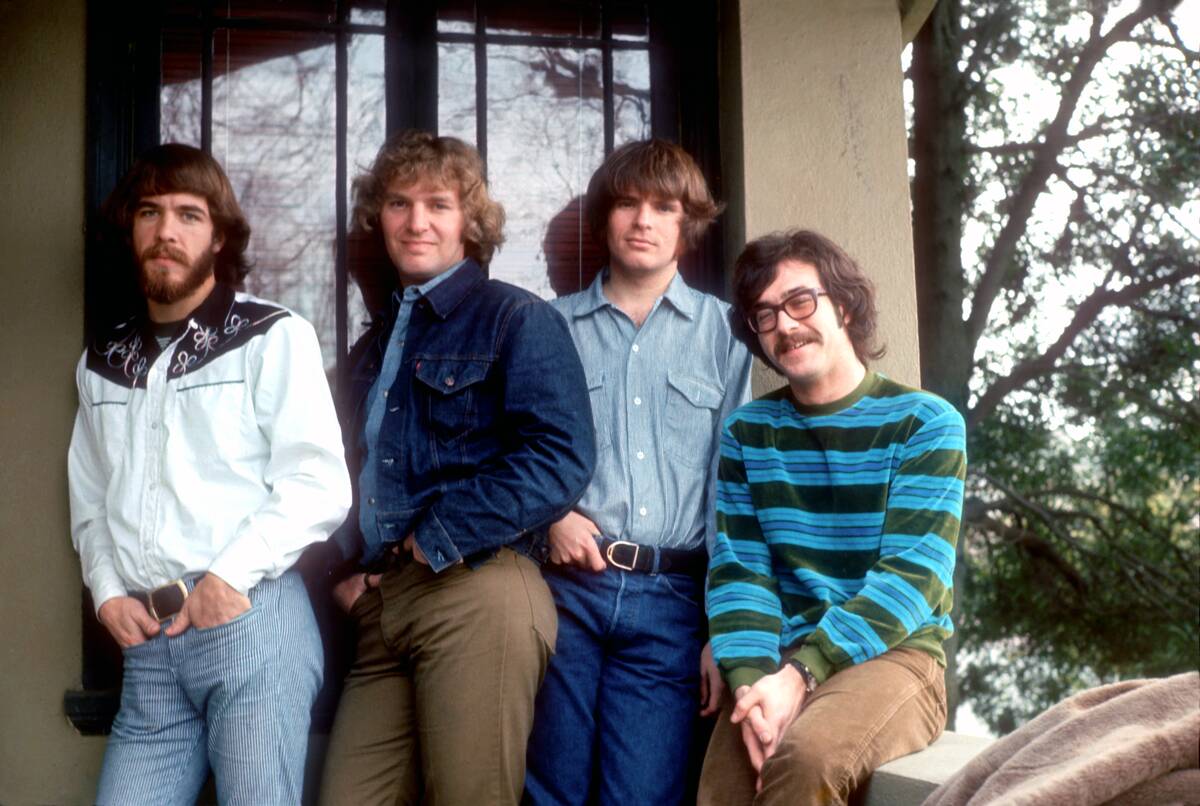
Creedence Clearwater Revival’s “Fortunate Son,” released in 1969, critiqued the privilege and inequality inherent in the draft system during the Vietnam War. The song highlighted how wealth and status often shielded individuals from the war’s harsh realities. Its driving rhythm and incisive lyrics struck a chord with protestors and veterans alike.
Marvin Gaye’s “What’s Going On”: A Plea for Peace and Understanding
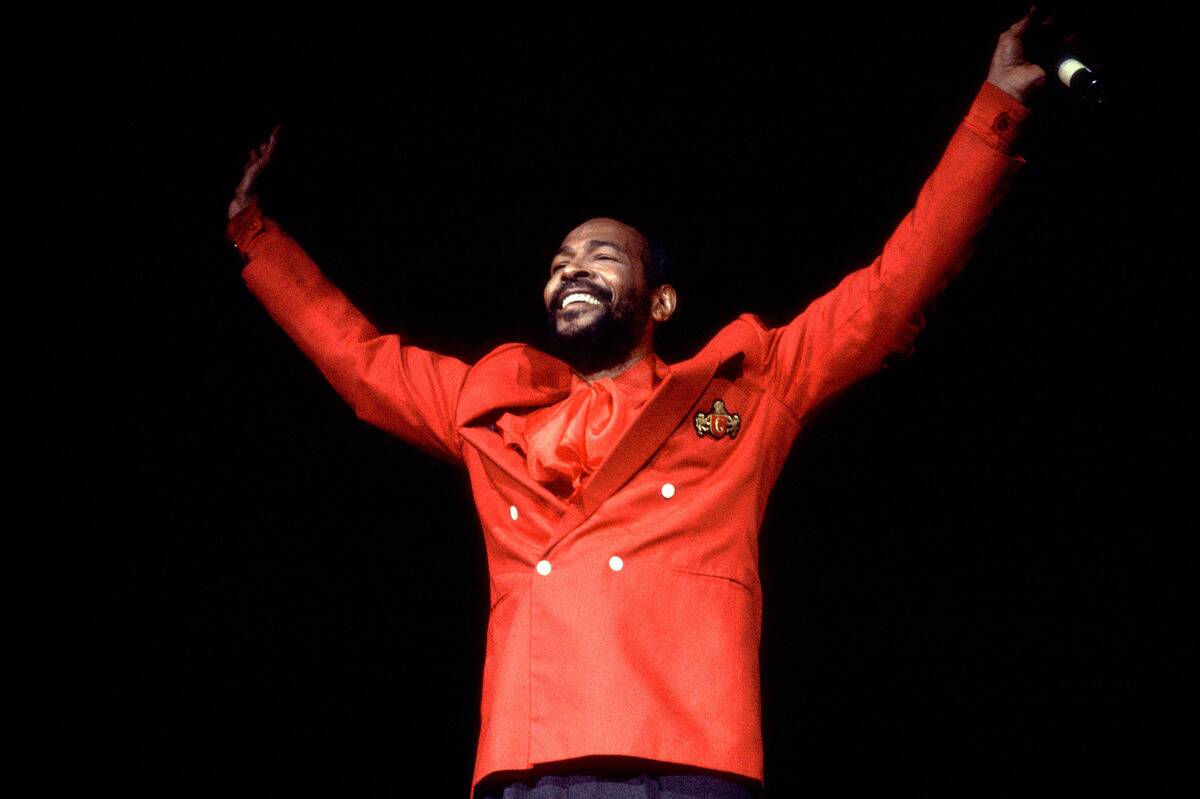
Marvin Gaye’s “What’s Going On,” released in 1971, offered a soulful plea for peace and understanding amid social unrest. Inspired by the political and social upheaval of the time, Gaye’s introspective lyrics and smooth melodies called for compassion and love. The song became an enduring symbol of hope and unity.
The Temptations’ “Ball of Confusion”: Chronicling Chaos and Change
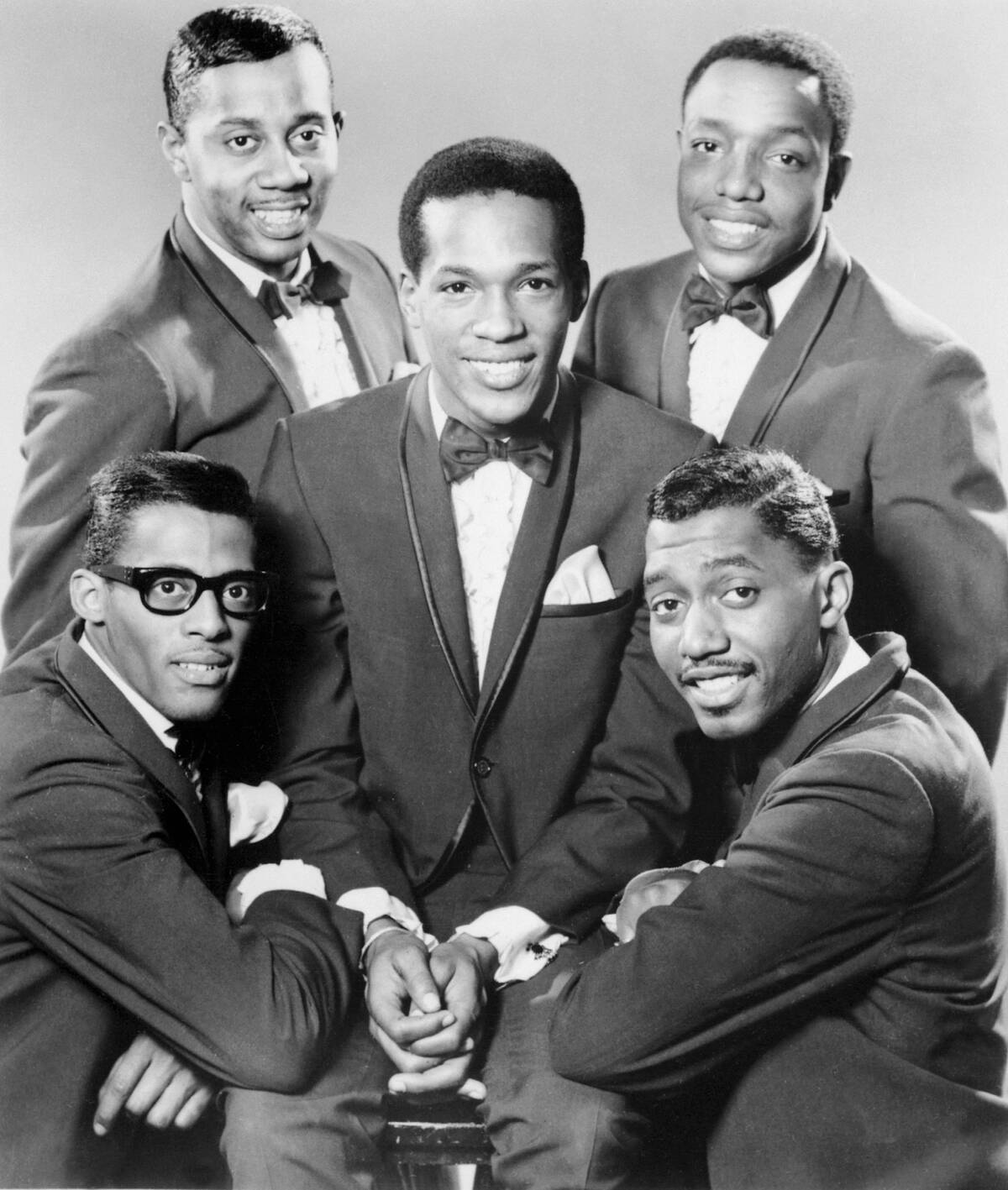
The Temptations’ “Ball of Confusion (That’s What the World Is Today),” released in 1970, chronicled the chaos and change of the era. Its rapid-fire lyrics touched on various societal issues, from segregation to politics. The song’s energetic delivery mirrored the tumultuous times, capturing the dizzying pace of change.
James Brown’s “Say It Loud – I’m Black and I’m Proud”: A Declaration of Identity
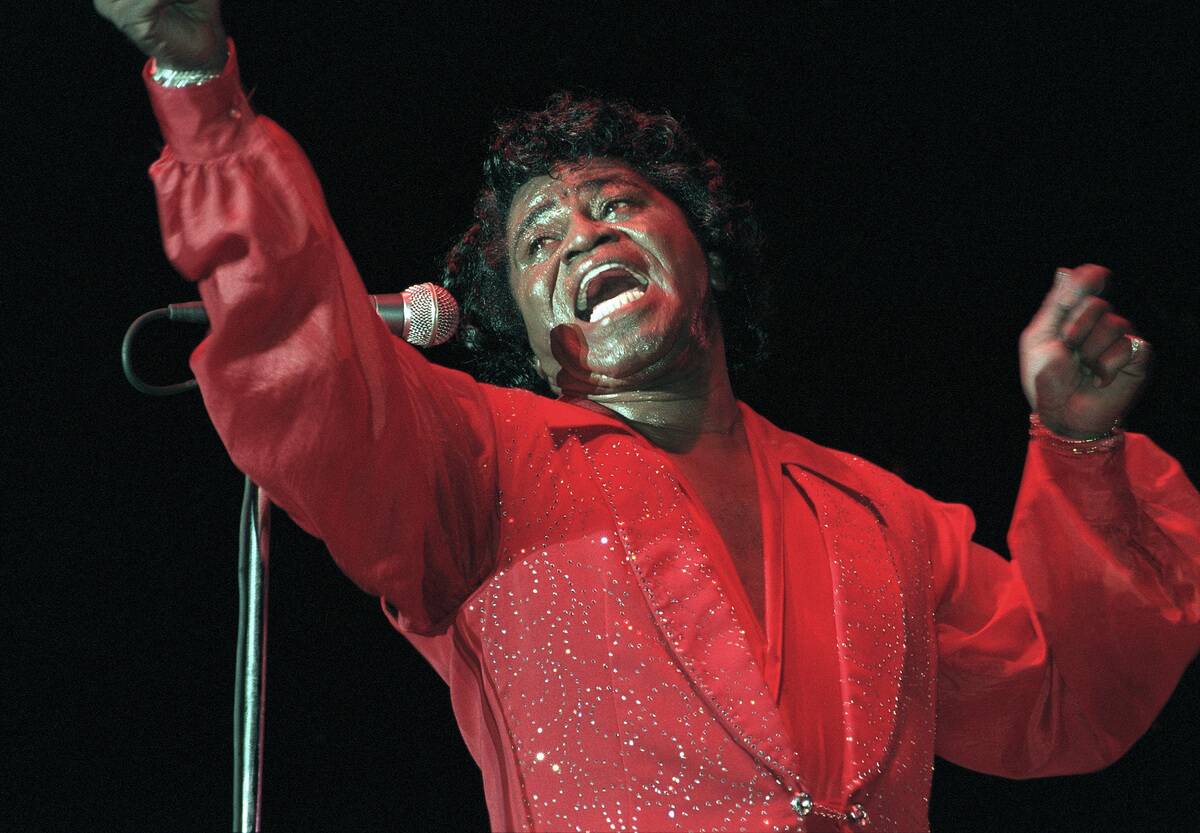
James Brown’s “Say It Loud – I’m Black and I’m Proud,” released in 1968, was a bold declaration of black identity and pride. In a time of racial tension, Brown’s anthem celebrated African American culture and encouraged self-respect. Its catchy refrain and powerful message resonated widely, fueling the Black Power movement.
Edwin Starr’s “War”: A Funky Rejection of Conflict
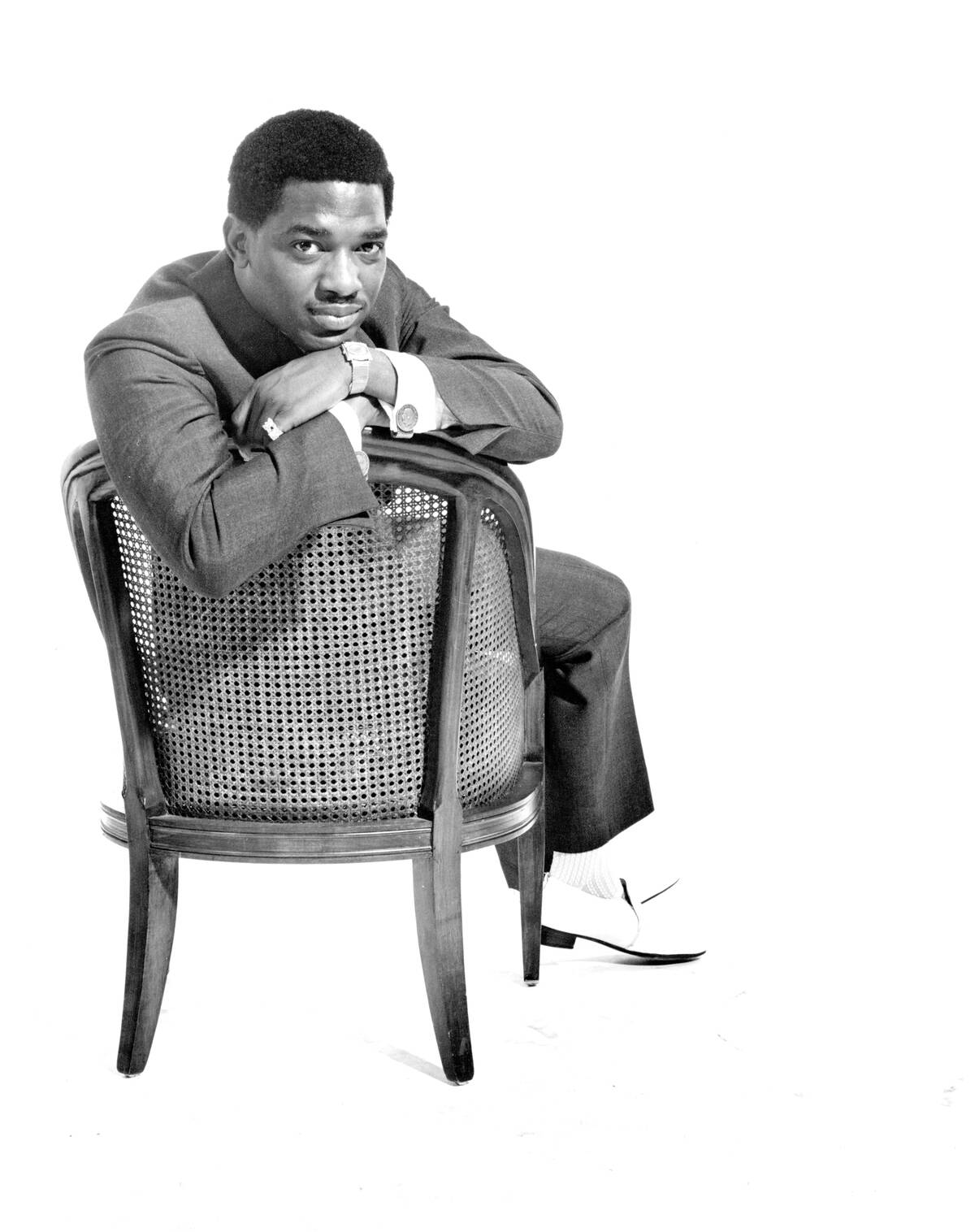
Edwin Starr’s “War,” released in 1970, delivered a funky yet fervent rejection of conflict, particularly the Vietnam War. With its emphatic chorus, “War, what is it good for? Absolutely nothing!” Starr’s song became an anti-war anthem. Its infectious energy and clear message made it a staple of protest rallies.
Joan Baez’s “We Shall Overcome”: A Heartfelt Promise of Unity
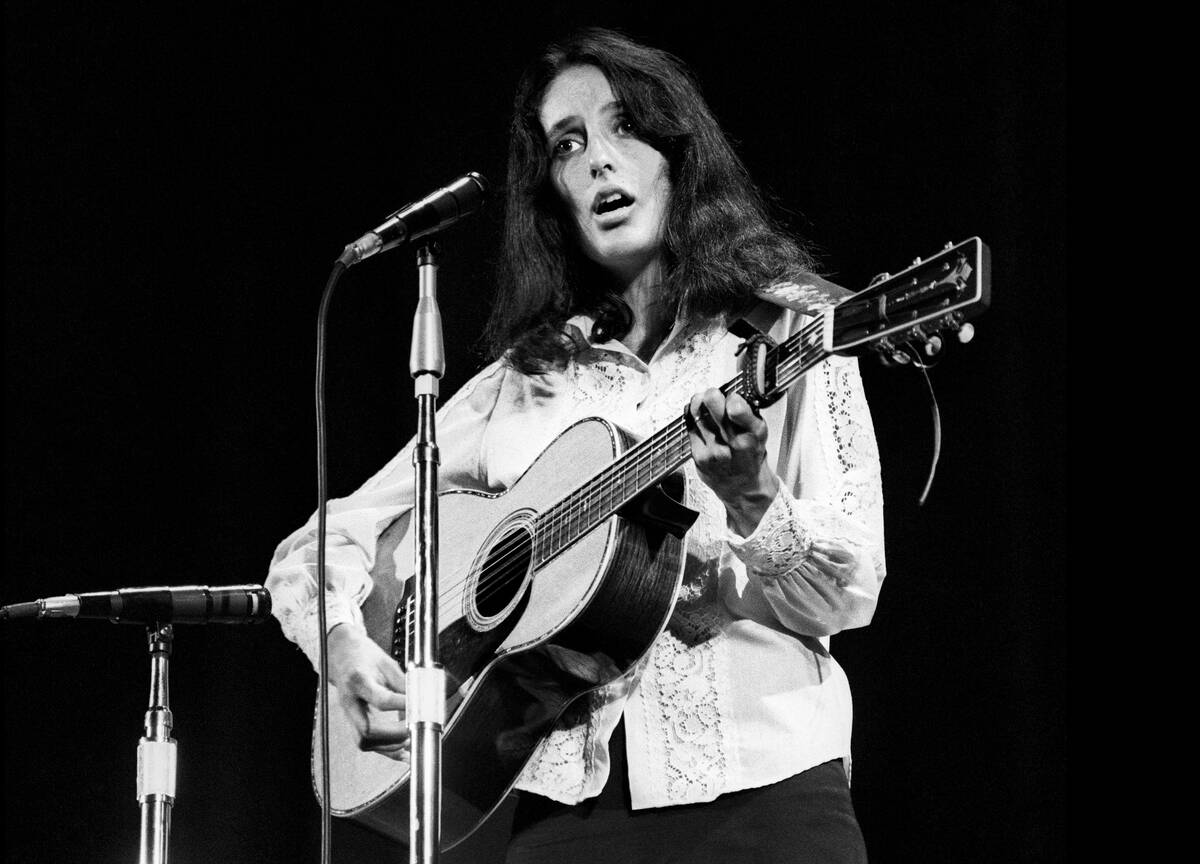
Joan Baez’s rendition of “We Shall Overcome,” performed at countless rallies, became a heartfelt promise of unity and resilience. Rooted in the civil rights movement, the song’s simple yet powerful lyrics offered hope and solidarity. Baez’s passionate performances helped cement its status as a timeless protest anthem.
Conclusion: The Lasting Impact of ’60s Protest Songs on Modern Music
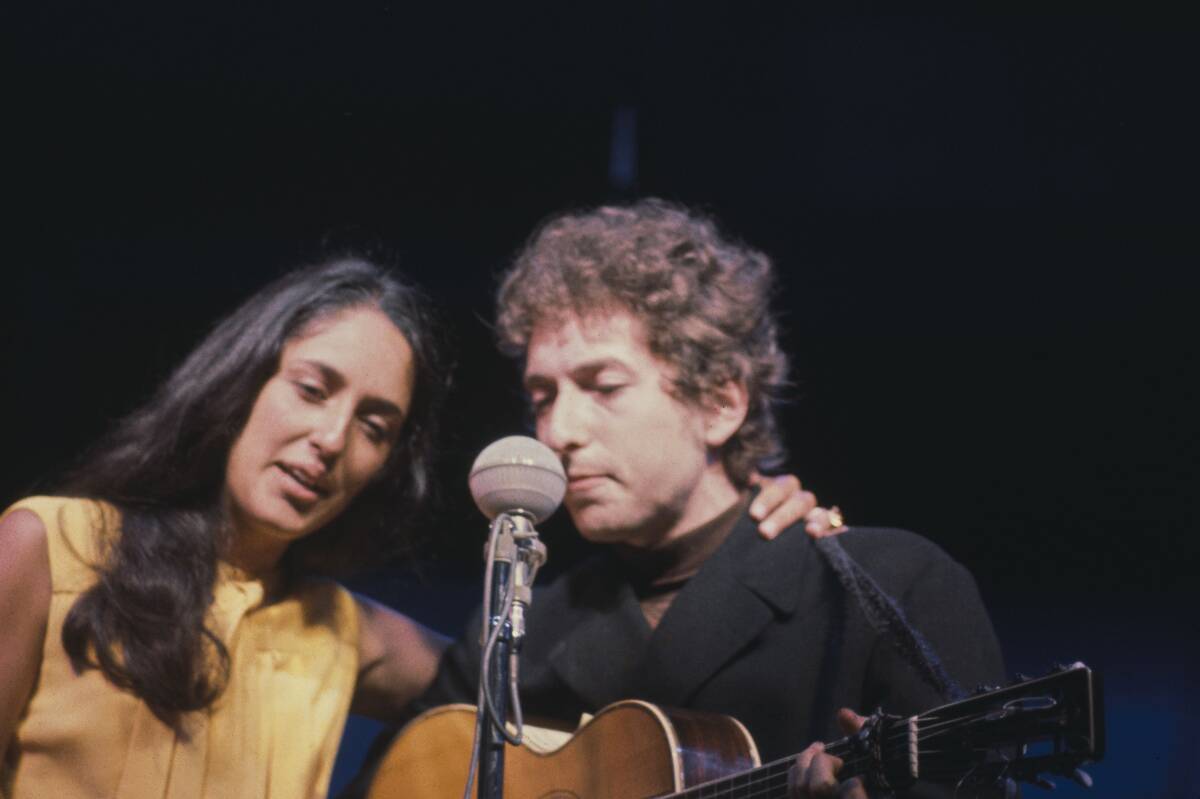
The protest songs of the 1960s left an indelible mark on music and society. They inspired future generations of musicians to use their platforms for social change. Today, artists continue to draw from this rich legacy, using music as a vehicle for activism and expression, proving that the spirit of the ’60s endures.



